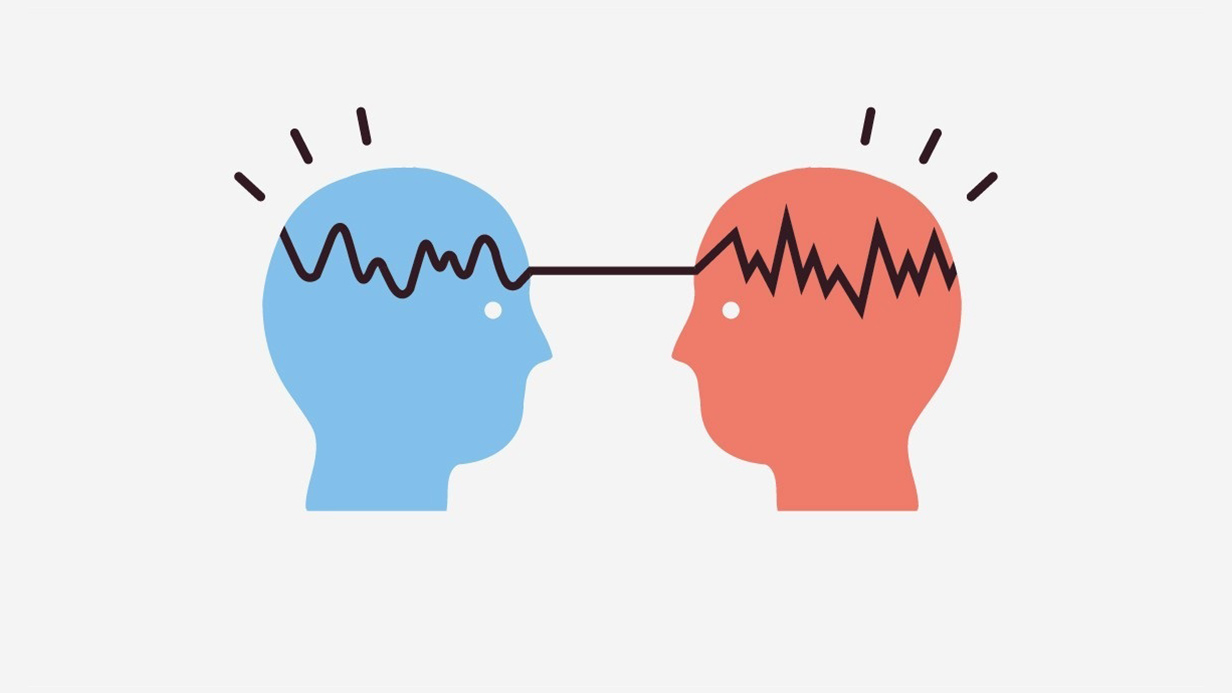Quote for the week
“Success begins with observation. By watching those who inspire us, we can harness the power of our mirror neurons to transform their actions into our achievements.”
Mimic for Success: The Power of Mirror Neurons
As I watched my son pick up his tennis racket for the first time, I remember the advice his coach gave us: “Take him to live matches. Let him watch the pros on TV. The more he sees, the more he’ll learn.” This simple idea resonated deeply with me, as we had taken a similar approach with our daughter, a dancer. We spent countless hours driving her across town to watch dance performances, believing that the more she observed, the more she would absorb the nuances of the art form. At the time, we didn’t know there was a scientific explanation behind this practice—it was just common sense to us. But later, I learned about the fascinating concept of mirror neurons.
Mirror Neurons: The Brain’s Imitation Game: In the early 1990s, Italian neuroscientist Giacomo Rizzolatti and his team made a groundbreaking discovery. They found that certain neurons in the brains of macaque monkeys fired not only when the monkeys performed an action but also when they observed another monkey performing the same action. These neurons, known as mirror neurons, responded in the same way whether the monkey was grasping an object or watching another monkey do so. This discovery shed light on the profound way in which our brains are wired to learn through observation and imitation.
Mirror neurons play a crucial role in how we learn new skills, develop empathy, and even how we become better versions of ourselves. When we observe someone performing an action, whether it’s a tennis serve or a complex dance move, our mirror neurons fire as if we’re performing that action ourselves. This neural mirroring helps us internalize and replicate the behaviors we see, making observation a powerful tool for learning and growth.
From Observing to Becoming: The impact of mirror neurons goes beyond learning physical skills. They also influence our behavior, emotions, and even our social interactions. By surrounding ourselves with positive role models—whether it’s a mentor at work, a friend who excels in a particular area, or even athletes and performers we admire—we can harness the power of mirror neurons to shape our own actions and attitudes.
Consider the story of Michael Phelps, the most decorated Olympian of all time. Phelps spent countless hours not just practicing in the pool but also watching videos of his performances and those of other top swimmers. He visualized each stroke, each turn, and each finish, training his brain as much as his body. Phelps’ success wasn’t just about physical training; it was also about the mental rehearsal powered by his mirror neurons, which helped him internalize the movements and strategies of the best in his sport.
Harnessing Mirror Neurons for Personal Growth: So, how can we apply the concept of mirror neurons to our own lives? Here are a few practical steps:
- Choose Your Models Wisely: Surround yourself with people who embody the qualities and skills you want to develop. Whether in your personal or professional life, being in the presence of high achievers can inspire and motivate you to reach your goals.
- Observe and Reflect: Take time to observe the actions and behaviors of those you admire. Reflect on what makes them successful and how you can incorporate those practices into your own life.
- Practice Mindful Imitation: Deliberately mimic the positive behaviors you observe. This could be adopting a colleague’s effective communication style, emulating a mentor’s work ethic, or even practicing the techniques of a skilled athlete.
- Internalize Through Visualization: Just as athletes visualize their performance, you can use mental rehearsal to strengthen your learning. Picture yourself successfully executing the skills you’ve observed, and your mirror neurons will help reinforce these patterns in your brain.
The Journey to Becoming Better By leveraging the power of mirror neurons, we can transform observation into action and learning into mastery. Whether you’re aiming to excel in your career, improve a skill, or simply become a better person, remember that the path to success often begins with watching and learning from those who have already walked it. The more you see, the more you internalize, and the more you become.
